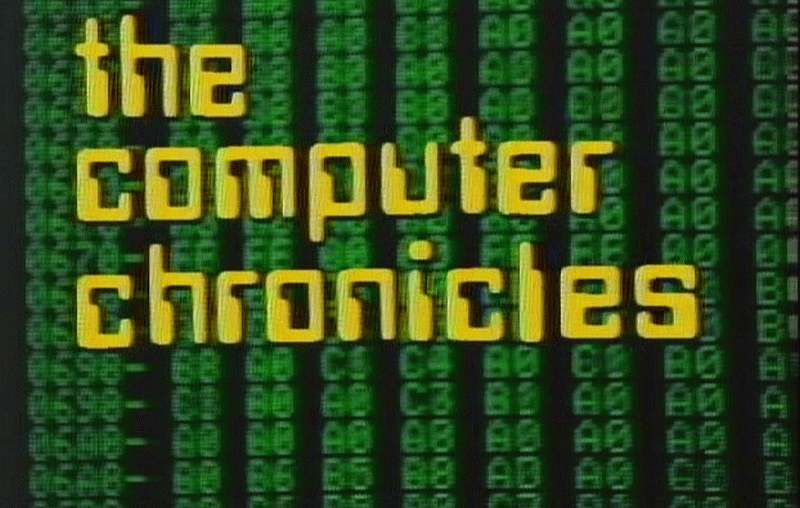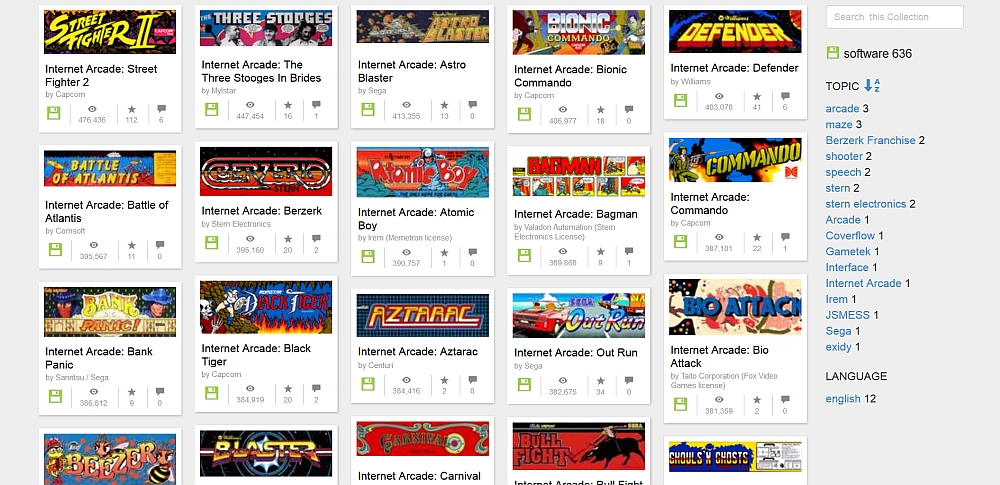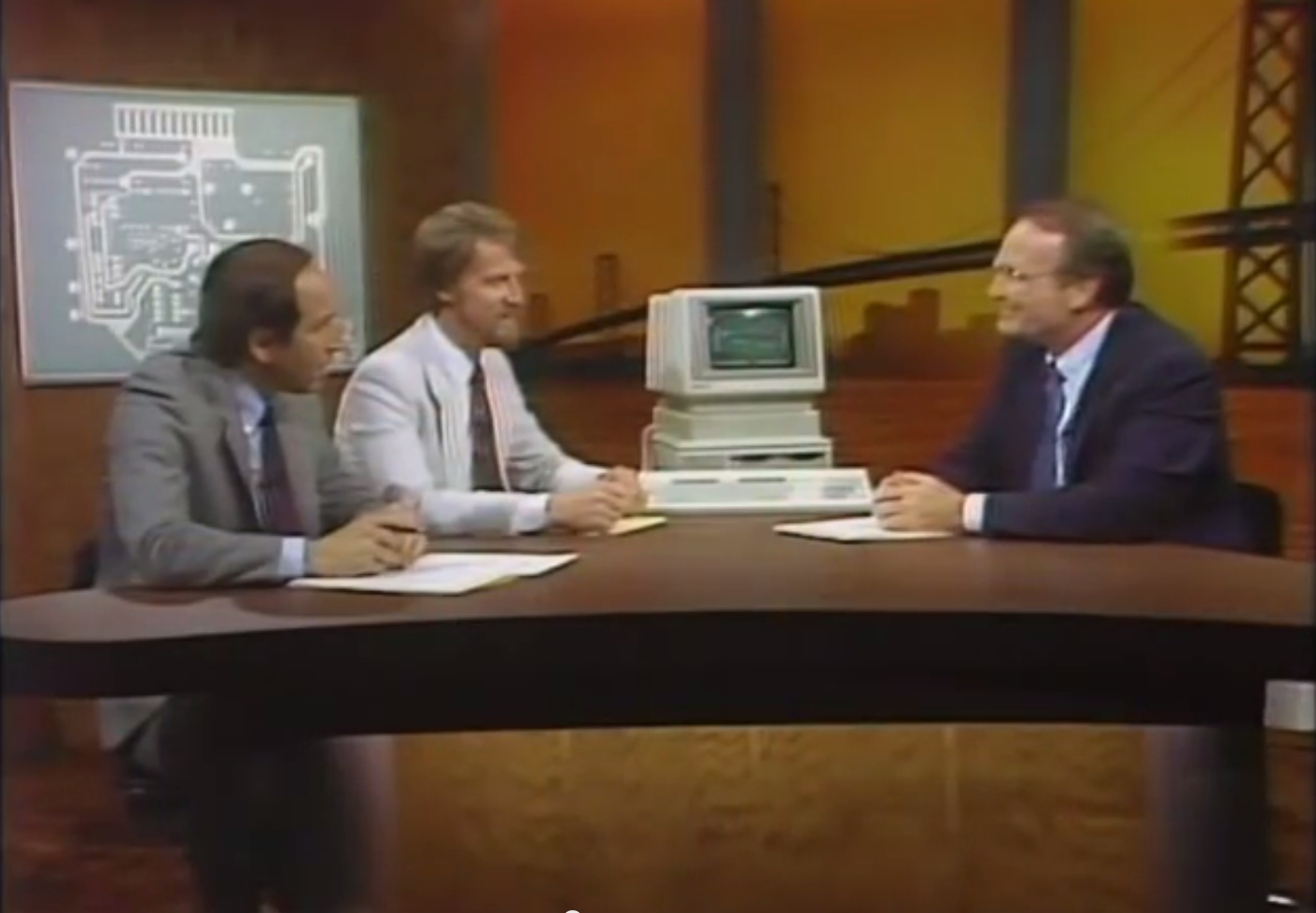How far we’ve come

If you’re like me and have been around for a while, you may have some recollections of what the computing, or at least the personal computer experience, was like back in the early days (circa the late 80s onward) when PCs were becoming more pervasive in the consumer space.
It was really undiscovered country, the entire industry was still feeling itself out and trying to figure out where it needed and wanted to go. Standards were not prevalent, at least inasmuch as we see them today, and everyone was trying to put their own stamp on what was clearly going to be a major part of the future.
Regardless of your age and experience, you also know that I believe understanding the history of anything with which you are involved is of the utmost importance; can you truly call yourself a musician if you don’t know The Beatles, an artist if you don’t know Van Gogh, a physician if you don’t know Hippocrates? I would say not. Technology is no different, and it’s important to know where we were, not just where we are. This gives us a profound context in which to understand the technology we use today as well as the future developments we are always seeing on the horizon.
That’s why I love archive.org, a collection of – among other things – artifacts that are of historical importance to computing and the Internet. They have video including TV shows and documentaries, software including operating systems, games, and applications, and texts including books, magazines, and scholarly publications. They have modern products as well, but their historical collections are enthralling, vast, and all free to use.
Even better, much of the software they have can be either downloaded or run right in the browser. In fact, if you follow the class twitter feed, you’ll have learned that their DOS-based games can be embedded in a tweet and played right from the web feed. A glorious triumph of technology!
I could browse around there for hours, but I’m that way and you all know that. So I have decided to share with you a recent discovery from my travels through the Archive that ties all of this together – a show called “The Computer Chronicles.” As this page on the TVDB.com site states, the show ran for an astonishing twenty years, from 1983 – 2002, was seen on over 300 television stations and was translated into a multitude of languages.
The show talked about computing issues of the day and had as a frequent guest Gary Kildall, who as we learned in class developed the CP/M operating system but bungled the deal with IBM, allowing Bill Gates and Microsoft to step in and give them MS-DOS.
The show presented a wide range of topics including everything from interfaces to games to operating systems to the newfangled thing called the Internet. Starting back when the Apple IIe was a dominant force in computing, it continued through to comparatively modern times, and what is fascinating to see is that much of what they talked about either came true, was close, or appears to be in the near future. For example, they covered such topics as graphical user interfaces, augmented reality, virtual reality, computer architecture, and much of what they talked about is still more or less true today. We still use graphical user interfaces, we still use HTML and HTTP with a modem to connect to websites, and the process by which a computer boots is the same now as it was in 1995.
I love this show, it had many luminaries as guests, from David Crane of Activision to Steve Wozniak, however it’s not what I would call insanely dynamic or engaging, so unless you have a deep interest in the history of computing you’d likely find it as mind-crushingly boring as watching paint dry, which you can actually do online.
Even so, if on the odd chance you would like to see what all the hype was about back in the glory days, I have embedded a few episodes below because I couldn’t pick just one. The first is “Modems & Bulletin Boards” from 1985, the second is “mobile Computing” from 1995, the third is “Portable Computers” from 1987, and the fourth is “The Internet” from 1993. Do yourself a favor and watch them, then be glad we live when we do, we have come a loooong way.
All 560 episodes are available at the archive, and on YouTube.


